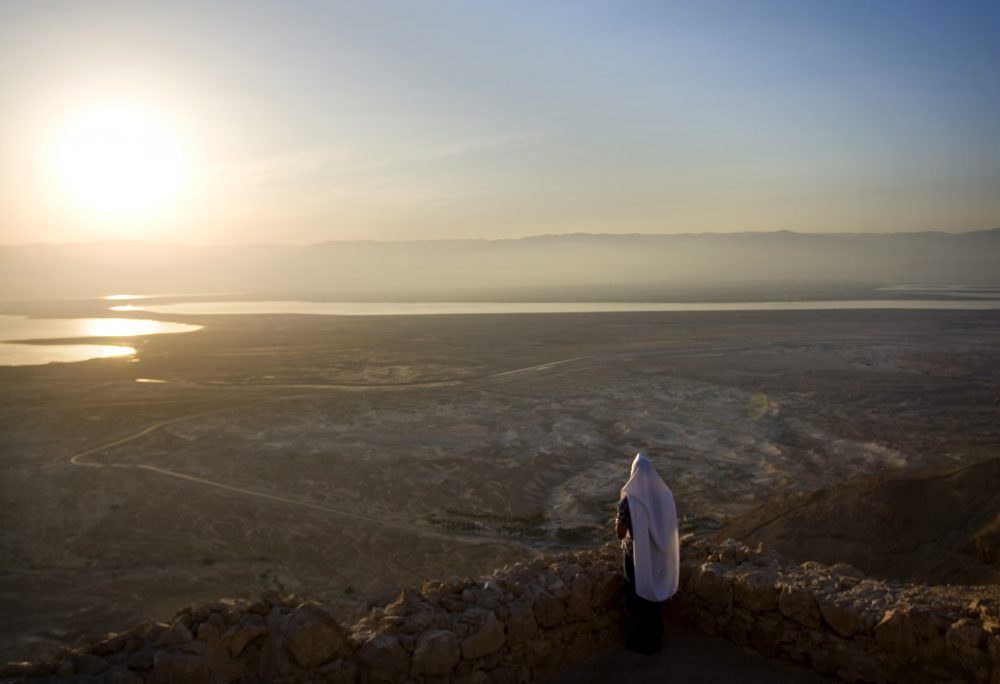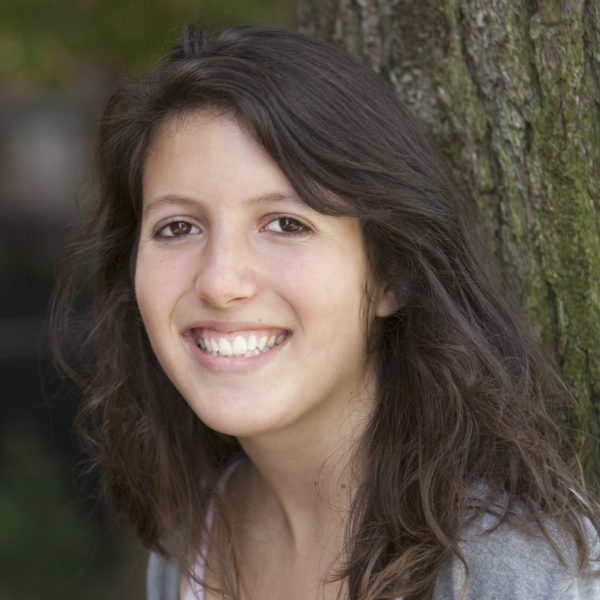Advertisement
COMMENTARY
My Birthright Trip Connected Me To Other Jews — But Not Through Religion

On the last night of the trip, we sat on the floor in a house in Jerusalem, our shoulders and legs touching. People spoke when the spirit moved them. Some of us cried, and many of us hugged each other. One man said he loved the difference between the special space of the trip and “real life”: “You don’t tell your coworkers you love them at happy hour. But I love you guys.” A woman described how she had never felt Jewish growing up, but said that because of the trip, she now felt comfortable self-identifying as Jewish. Many people nodded in response.
This was the final night of our Birthright trip, offered for free to Americans under 26 with at least one Jewish grandparent. Participants aren’t required to practice Judaism to travel to Israel. And at the start of our trip, Judaism-related confessions ran to the other end of the religiosity spectrum compared to our final night: Many people said that they signed up mainly because the trip was free.
Somewhere in the past 10 days, that flipped. But our trip was through Israel Outdoors, and as the name suggests, we focused less on Judaism and more on getting sweaty. What had caused this change? How did the organizers do it?
Many Birthright skeptics focus on the mysterious donors who fund Birthright, and their not-so-secret agenda of countering the diaspora by encouraging Jewish intermarriage. The participants’ malleability is usually chalked up to youth. But the people on my trip weren’t children. Some had already held multiple jobs; they had adopted hometowns and long-term partners.
If there’s no such thing as a free lunch, what strings would be attached to free international travel?
We didn’t fit the “blank slate” stereotype, except in one way: Many of my fellow participants had never been part of a group kept constantly together for an intense and fairly long period of time. We went through a lot together. On day seven — when lack of sleep and repeated hangovers had already strung us out into slight delirium — we woke before dawn, rode the bus to Mount Masada, hiked up to watch the sunrise, wandered the historic site, hiked down, rode the bus several hours to swim in the Dead Sea — whose high salt content inflames sensitive regions of both male and female bodies — rinsed off in public showers, rode the bus for several more hours to the Bedouin Tents, and then rode camels. That night, we crowded onto logs around a campfire and sang, heads drooping to rest on each other’s shoulders. So, yes, we became close.
It’s a powerful experience to meet 40 strangers in an airport and, 10 days later, not only know their names but spontaneously hug them. It’s so different from the way we keep each other at arm’s length in the world. And it became clear in that closing circle that some people who’d never experienced a trip like this before attributed our bonding to Judaism, not the intensity of the trip itself. People pledged to seek out Jewish communities back home.
I started the trip warily. If there’s no such thing as a free lunch, what strings would be attached to free international travel? But the magic worked on me, too. I had assumed I wouldn’t even learn everyone's name. Instead, I looked around that closing circle and felt real rushes of emotion at the sight of each face.
The intense bonding that results when a group of strangers is crammed into one bus with no toilet for days on end transcends religious and ancestral links.
But I didn’t attribute that love to Judaism. The intense bonding that results when a group of strangers is crammed into one bus with no toilet for days on end transcends religious and ancestral links. If there were a secret goy on our bus, we’d have embraced him or her just as fervently as we did each other.
It seems dangerous to me to attribute that closeness to shared ethnicity. Trips like these can bond people who have absolutely nothing in common. And in our fractured world, with our country in the midst of an identity crisis that follows in part from communication gaps across political, cultural, racial and socioeconomic lines, we need this magic more than ever. Trips like Birthright have the potential to bridge those gaps by facilitating mutual understanding, compassion and connection. If we don’t recognize that, we miss the opportunities for healing our society that that potential gives us.
